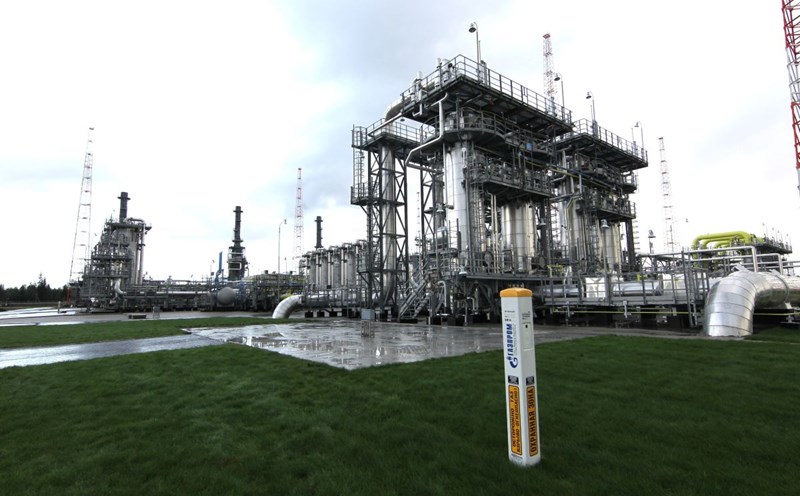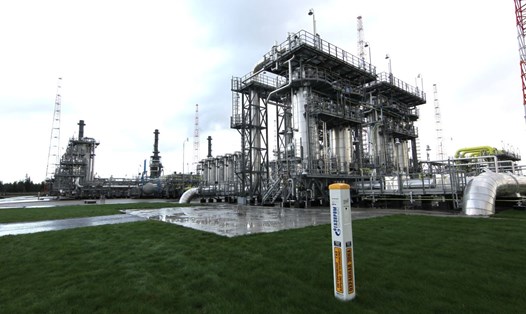An unnamed EU official told Reuters that the lifting of sanctions on Russian liquefied natural gas (LNG) comes from three main factors: lack of consensus among member states, no alternative to stable supplies of Russian gas, and especially the fear of losing "carts" even in trade negotiations with the US.
The EU is now looking to use energy - including Russian LNG - as leverage to convince the US to lift tariffs on EU steel and aluminum.
The 25% tax rate imposed by President Donald Trump has been resumed since February this year, but postponed for 90 days to create an opportunity for negotiations.
The meeting between EU Trade Commissioner Maros Sefcovic and US officials in Washington last week was described as a "survey phase". However, the US side has not yet made a clear request, causing the negotiation process to be assessed as un dinhfied.
In fact, although the EU has sharply cut gas imports via pipelines from Russia since 2022, LNG imports from Moscow have increased. According to the Institute for Energy Economics Analysis (IEEFA), in 2024, Russia will account for 17.5% of the EU's LNG resources, only behind the US (45.3%).
France, Spain and Belgium are still the three largest importers of Russian LNG, accounting for 85% of all Russian exports to Europe.
Previously, the idea of banning Russian LNG was proposed during the development of the 16th package of sanctions, but was shelved after fierce controversies in January 2025.
At the same time, the European Commission is still promoting a roadmap to end dependence on Russian energy before 2027, with a plan expected to be announced in early May.
On the other hand, Russia did not show any signs of being shy. Deputy Minister of Energy Pavel Sorokin affirmed at the Indian Energy Week event that Russia is still boosting LNG production and exports, targeting friendly markets like India.
He emphasized: Competitive prices are our great advantage. Russia will continue to cooperate with partners despite pressure from the West.
The EU's decline in the ban on Russian LNG is not only a signal of a Europe "broken" between energy security and geopolitical pressure, but also exposes the fact that the EU still needs Russia at the negotiation table, even in a roundabout way.












